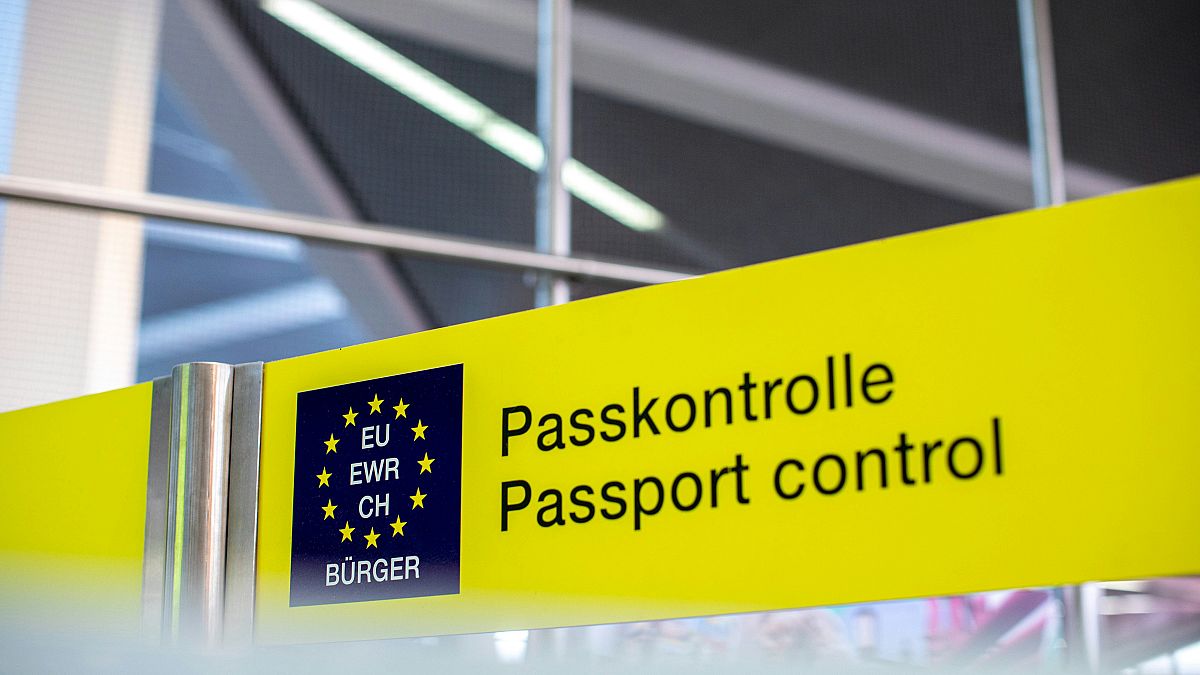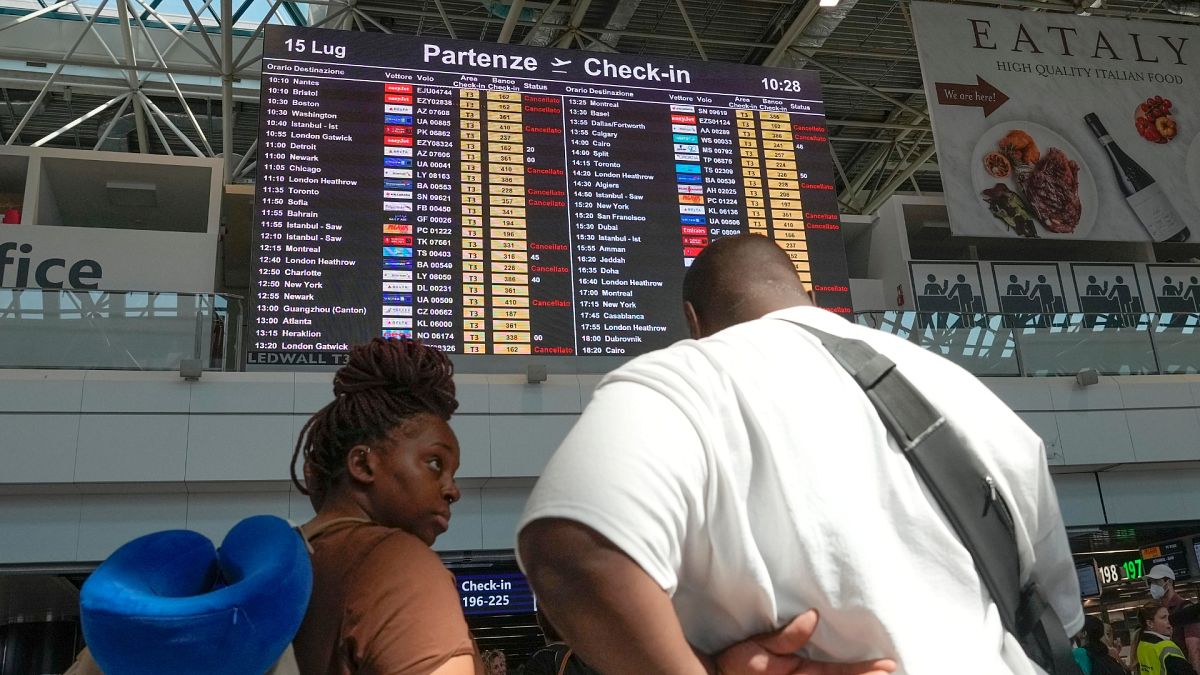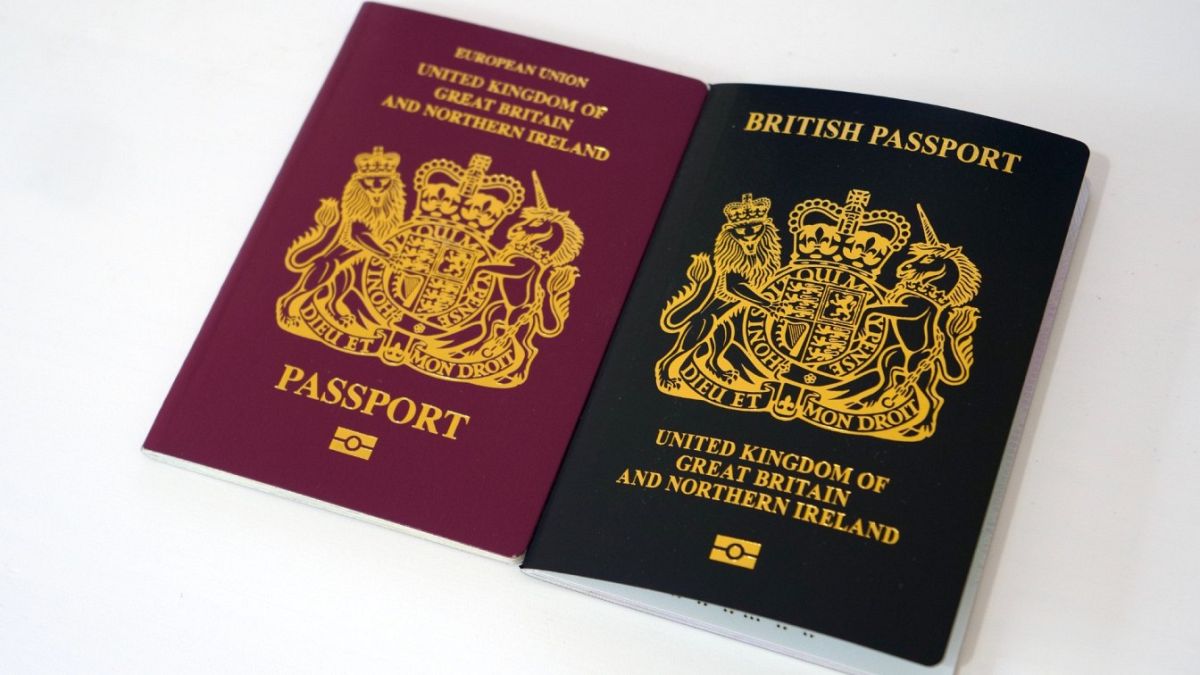EU travel update: Cost of Schengen visa set to rise in 2024

Schengen visas are required for citizens from non-EU countries that do not benefit from the EU and Schengen area’s 90-day visa-free rule.
The European Commission has submitted a proposal to increase the basic fee for a Schengen visa in 2024.
If it gets the green light, the cost will rise by 12 per cent from €80 to €90 for adults and from €40 to €45 for children.
The EU is also planning to raise the fee even more for countries showing “insufficient cooperation on readmission,” which refers to accepting the re-entry of individuals expelled from member states.
Schengen visas are required for citizens from non-EU countries that do not benefit from the EU and Schengen area’s 90-day visa-free rule.
These include nationals of South Africa, India, Pakistan, Sri Lanka and China.
If the proposal becomes policy, the price increase could come in the next few months.
How much will the Schengen visa cost in 2024?
The European Commission presented a draft of the Schengen visa fee increase on 2 February after a meeting in December during which experts from member states supported the revision with an “overwhelming majority.”
The initiative will be open for feedback until 1 March. During this time, EU citizens can express their opinions on the matter and communicate if they support the proposal or not.
After this, the EU can implement the changes which then come into force 20 days after their publication in the Official Journal of the European Union.
The Commission has emphasised that the proposed price hike has been caused by the rising inflation rate in the EU. The body undertakes a revision of the Schengen visa fee every three years.
If it goes ahead, it will see visa costs rise from €80 to €90 for adults and from €40 to €45 for children.
For countries which have not demonstrated cooperation in citizen readmission, the cost will increase from €120 to €135 and from €160 to €180.
Additionally, the Commission has proposed to let external providers of Schengen visas increase their fees in line with the revision.
The maximum amount that external providers, such as visa agencies, that collect Schengen visa applications on behalf of the member states can charge is usually half the standard fee.
The Commission proposes raising this from €40 to €45.
In contrast, the fee for a Schengen visa extension will remain fixed at €30.
EU to introduce digital-only Schengen visa
The EU has also announced plans to bring in a digital-only Schengen visa, which was discussed in 2022.
Travellers will be able to apply online regardless of the country they plan on visiting. The digital version will replace the current system of stickers in passports.
The European Commission says it hopes to introduce the digital platform by 2028.
Do I need a Schengen visa to visit the EU?
The Schengen visa is required for citizens of non-EU countries who do not benefit from the 90-day rule.
Nationals of countries including South Africa, India, Pakistan, Sri Lanka and China require the Schengen visa, which permits stay in 28 European countries for up to 90 days for tourism purposes or family visits.
Nationals such as Brits, Canadians, Americans and Australians do not need to apply for a Schengen visa.
Source: Euro News














